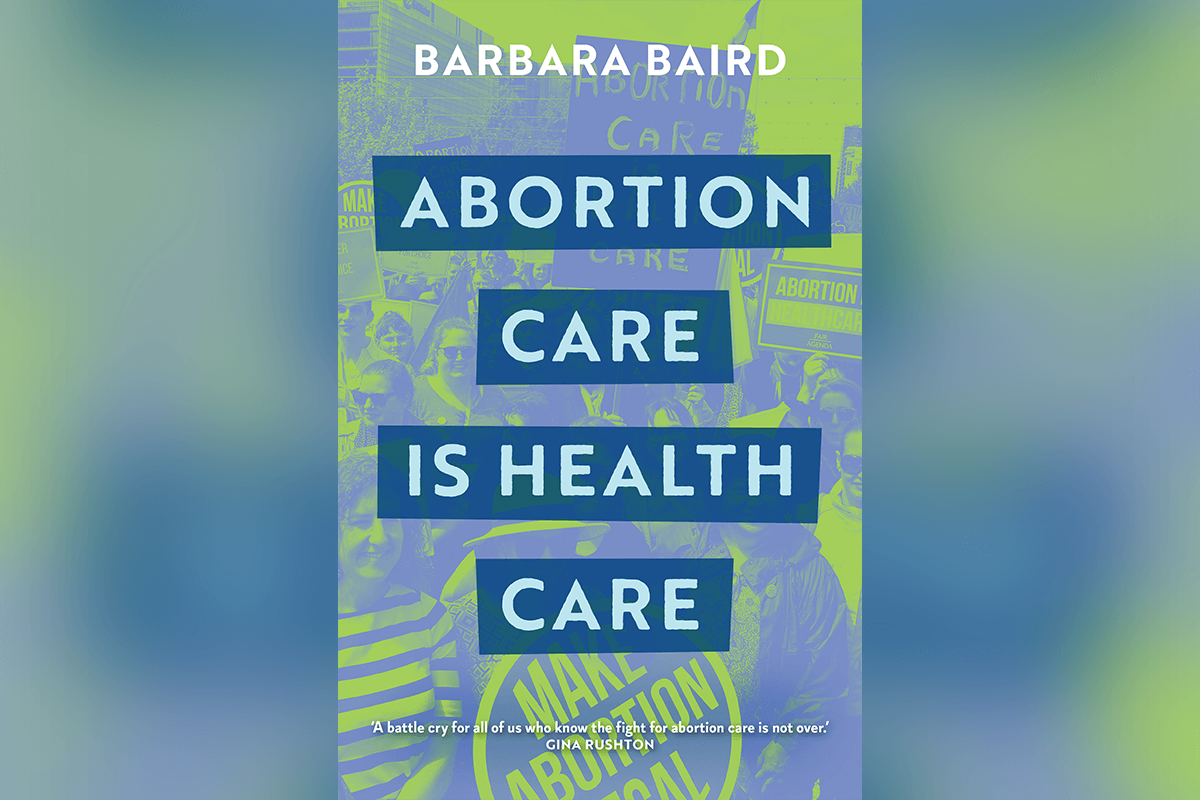
Abortion is now fully legal in every jurisdiction in Australia. Western Australia became the last state to decriminalise abortion, in September 2023. The Australian population is also solidly pro-choice: a 2021 study found 76% of Australians support access to abortion. Yet access to abortion services has been described as a “lottery”, according to a 2023 Senate inquiry report. Barbara Baird writes: “My research into abortion provision in Australia over the past 30 years doesn’t describe chance, but an inadequate system.”
Doctors’ historical unwillingness to provide abortions is central to the access problem – and it’s underwritten by the failure of medical schools to adequately train them in this essential aspect of health care. The public health system is culpable, too, for its lack of responsibility for ensuring fair access to abortion services.
Since abortion laws were liberalised in the 1970s, abortions have been provided by a small number of doctors. During her research, Baird spoke to 12 of those doctors, from around Australia. Most began providing abortions before 2000 and before decriminalisation – the oldest starting in the 1960s.
The key things the country needs now include more GPs providing medical abortions – especially in rural and regional Australia; more doctors who will provide surgical abortion care, including at later stages of pregnancy; and more basic training to introduce students to abortion. The actions of medical schools and public hospitals will be central to meeting these goals.
In the past decade, the Royal Australian and New Zealand College of Obstetricians and Gynaecologists has developed a programme for trainees interested in specialising in sexual and reproductive health. The 2023 Senate Inquiry was “floored” to hear that only two hospitals in the country provided abortion care to the level that would enable them to host the programme.
Medical abortion
Only around 10% of GPs currently provide medical abortion pills with oral mifepristone and misoprostol. That number is less in rural and regional areas.
Until recently, medical practitioners were required to register and be certified to prescribe abortion medications and pharmacists had to register to dispense them. In July 2023, the Therapeutic Goods Administration removed these restrictions, also allowing any healthcare practitioner with appropriate qualifications and training to prescribe medical abortion pills – including nurses and midwives.
Legislation in South Australia, Victoria and Western Australia provides for qualified health professionals (not just doctors) to prescribe medical abortion pills and Queensland has just introduced similar legislation. But elsewhere, laws would need to be changed to relax the hold of doctors on the future of this health care.
[The article goes on to give a history of the role of doctors regarding control of access to abortion, arising from both “moral and social conservatism”. It focuses on the 1970s to the 1990s, and then looks at the third generation of providers, many of them feminist women, starting from the 1990s.]
The article concludes: “Abortion care is rewarding work. As GP Simon said, “there’s not actually many areas of medicine where women – or patients – can come to you with a problem that you can solve on that day and then they go home.”
In 2019, gynaecologist Paddy Moore said an “increasing number of junior doctors see abortions as ‘bread and butter medicine’”. Nonetheless, abortion care still relies on “champions”. Doctors are not the only advocates for it, but their legal and cultural authority is still necessary.
While nurses and midwives are part of the solution to the problem of doctors’ reticence in providing abortions, the culture of medical schools and the profession more broadly must change. Abortion needs to become a normal part of universal health care.
SOURCE: The Conversation, by Barbara Baird, 5 December 2023
Barbara’s book Abortion Care is Health Care (Melbourne University Press) tells the history of abortion provision in Australia since 1990. See https://www.mup.com.au/authors/barbara-baird



